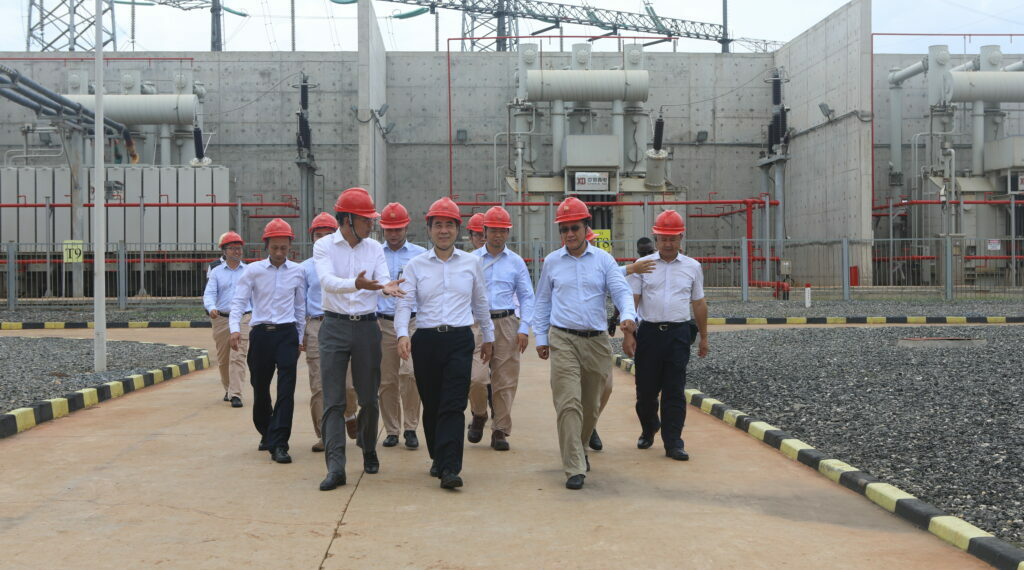Sunon Asogli Power (Ghana) Limited has temporarily suspended the indefinite shutdown of its 560MW plant, citing intervention and assurance from the Minister of Finance and Minister of State. The decision to pause operations comes after the company announced an indefinite suspension due to the government’s delays in meeting financial obligations.
In a statement issued on Monday, the independent power producer expressed gratitude for the ministerial intervention and outlined an interim payment agreement. According to the statement, the company is set to receive $60 million in two tranches, with the first $30 million slated for disbursement this week and the second tranche scheduled for the week of December 11, 2023.
“Kindly confirm our understanding that we shall be paid an interim sum of $60 million in two tranches. The first tranche $30 million to be paid this week and the second tranche in the week of 11th December 2023,” read parts of the statement.
“Sunon Asogli Power (Ghana) Limited Company announces with regret an indefinite suspension of operations at the Sunon Asogli Power Plant, effective Monday, 4th December 2023 at 6 PM. This difficult decision became necessary due to avoidable delays in payment from the GoG/Electricity Company of Ghana for power supplied, as well as, the unproductive engagements to find an amicable solution to the indebtedness,” it said.
This move underscores the ongoing challenges faced by Independent Power Producers (IPPs) in Ghana, who have consistently raised concerns about the government’s outstanding debt, which reportedly reached $1.6 billion as of July 2023. Despite previous threats to suspend operations and various efforts to address the issue, IPPs continue to grapple with financial uncertainties.
The recent reduction in electricity tariffs announced by the Public Utilities Regulatory Commission (PURC) was met with dissatisfaction from IPPs. Dr. Elikplim Apetorgbor, President of the IPPs, expressed concerns that the tariff reduction would impede debt restructuring efforts, further emphasizing the precarious financial position of IPPs in Ghana.
Source: norvanreports
